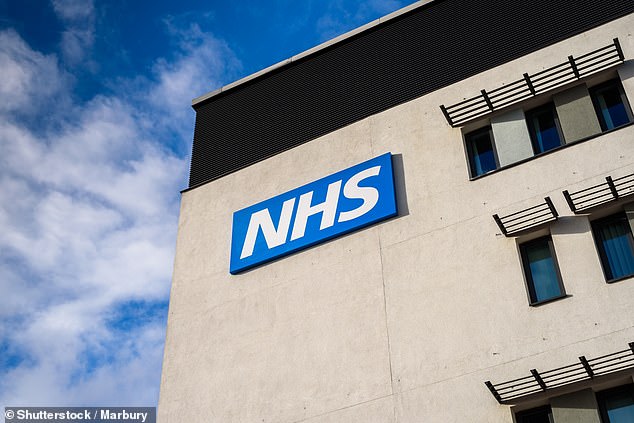Wes Streeting is under new pressure to improve maternity services after research found half of mothers suffered mentally and physically after traumatic births.
A survey of new mothers found that one in four had a negative birth experience, of which 72 per cent said it had left them with long-term mental health impacts.
Overall, 54 percent said they had experienced physical health problems, while 44 percent had mental health problems as a result of their birth experience.
The research, based on a survey of more than 1,000 mothers, was published in a report by grassroots maternity care campaign Delivering Better, which calls for greater continuity of care during pregnancy and for GPs to communicate proactively with mothers after birth to monitor their condition. health.
Jo Cruse, who founded the campaign after her own experience of a traumatic birth, said: “Underneath the statistics of a maternity care crisis are thousands of mothers devastated by childbirth, suffering in silence and accepting that this is simply “something happening”. He urged Mr Streeting to “take immediate action”.
A Department of Health and Social Care spokesperson said: “We are committed to transforming the NHS and maternity and neonatal services to ensure all women and their babies receive safe, personalized and compassionate care.”
The news comes as a damning report last month revealed that a growing number of new mothers do not trust NHS maternity services.
A survey of almost 19,000 women who gave birth in 120 NHS trusts in England showed that trust in staff has fallen dramatically over the past five years.
A survey of new mothers found that one in four had a negative birth experience, of which 72 per cent said it had left them with long-term mental health impacts (File image of a sleeping patient)

Overall, 54 per cent said they experienced physical health problems, while 44 per cent had mental health problems as a result of their birth experience (File image from an NHS hospital)
Less than two-thirds (64 percent) said they “always” had access to help and support during this crucial time, down from 72 percent in 2019.
Many reported they were worried about being left with insufficient pain relief, not being listened to and not always being spoken to in a way they could understand, data from the Care Quality Commission shows.
Experts said that while there were notable improvements in areas such as mental health support, the downward trend in other areas “should raise alarm bells”.
Almost one in five people said that when they raised concerns during labor and birth, they were not taken seriously.


